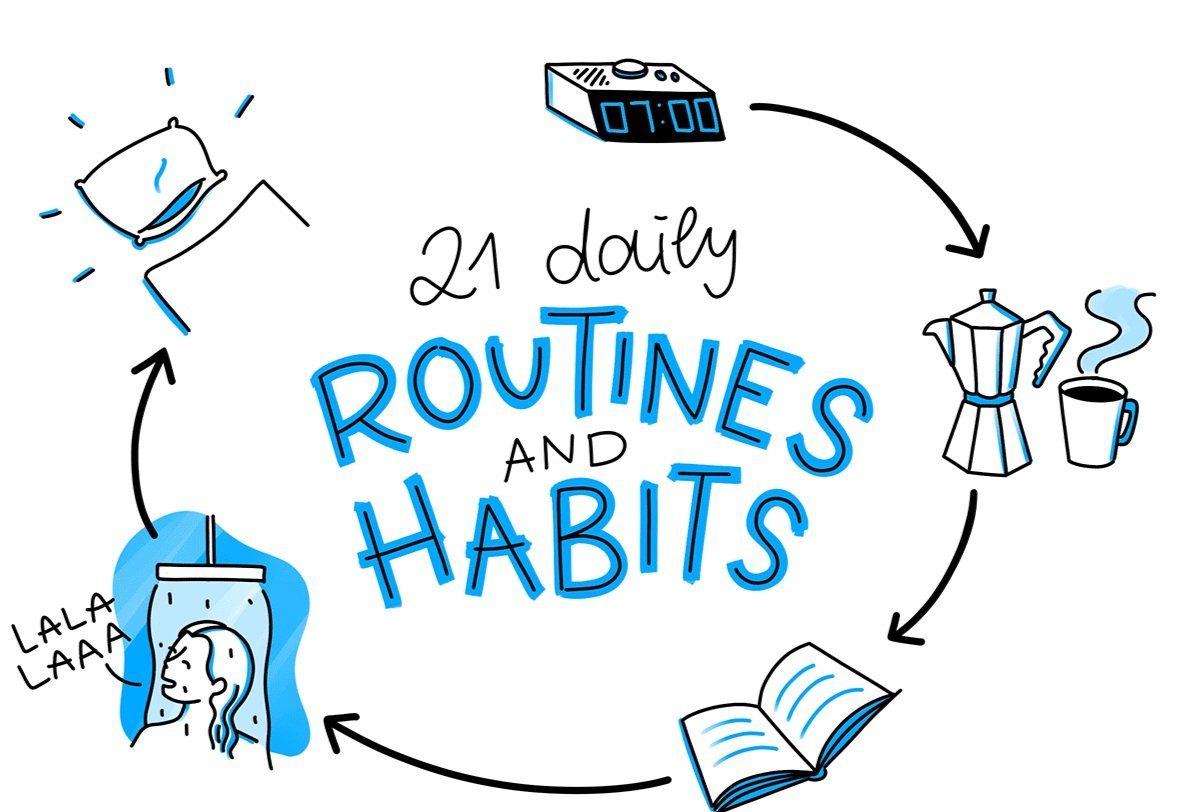A Bit on Procrastination
Procrastination is a very common phenomena that affects most individuals in some way at some time in their lives. Its impact can vary, but often has negative consequences on one’s personal and professional life. From a psychodynamic lens, procrastination can be understood as a defense mechanism that protects individuals from feelings of anxiety, guilt and shame.
According to psychoanalytic theory, procrastination is an unconscious way of avoiding tasks that may bring up uncomfortable feelings or memories. For example, an individual who feels guilty about a past mistake may procrastinate on a task that reminds them of the mistake. Procrastination can also be seen as a way of avoiding the sense of responsibility and accountability that comes with completing a task. The individual may feel overwhelmed by the task, and so they avoid it to avoid feeling the pressure of responsibility.
To overcome procrastination, it is important for individuals to become aware of the underlying feelings and memories that may be contributing to their procrastination. Therapy can be a helpful tool in this process as it allows individuals to explore their unconscious thoughts and feelings in a safe and supportive environment. Additionally, setting realistic goals, breaking down tasks into smaller parts, and rewarding oneself for progress made can also be effective strategies to overcome procrastination.
Daily Habits
Establish Routines
Start off with ones you can stick with! The ones that get you out the door should remain consistent from one day to the next. This will reduce morning stress. Stress can be even further reduced by setting up morning actives the night before. Putting your clothes and lunch out or setting up your coffee can minimize morning confusion and maximize ease. Signing time limits for each task can be especially helpful. Alarms can be particular helpful in this arena, especially when it supports positive self-referencing behavior such as 5 minutes to get dressed, 5 minutes to brush teeth and hair, 20 minutes for breakfast, 5 minutes to gather things, and put on shoes.
Homeward Bound
After work, allow yourself to decompress for 30-45 minutes and then it’s time to get down to some task. It can help to plan a fun activity to do once work is completed. This will help you work steadily and with motivation to complete the tasks at hand and support feeling relaxed for the rest of the evening.
Lists
Use a checklist to write down all the tasks due the next day. Cross off each one as it is completed to gain a sense of triumph and forward momentum. Use another checklist to keep track of upcoming assignments, events, and activities for the month. Color-coding can be helpful in tacking short, medium and long term tasks as visual aids can be incredible helpful for the ADHD brain.
Slow-Down to Speed Up
Losing motivation? Set a timer and let yourself work against the timer. This also sets a finite amount of time to an assignment that you can feel like will ‘never end!’
It’s in the doing that things are done
By engaging in the same strategies consistently we strength them into habits and in doing so free ourselves. No longer having to think about it — you just do it!
When we start/stop routines it can make habit forming difficult but also ungrounded. Setting up a different routine for the weekend or time off work is great, but otherwise sticking to the routine is key!



